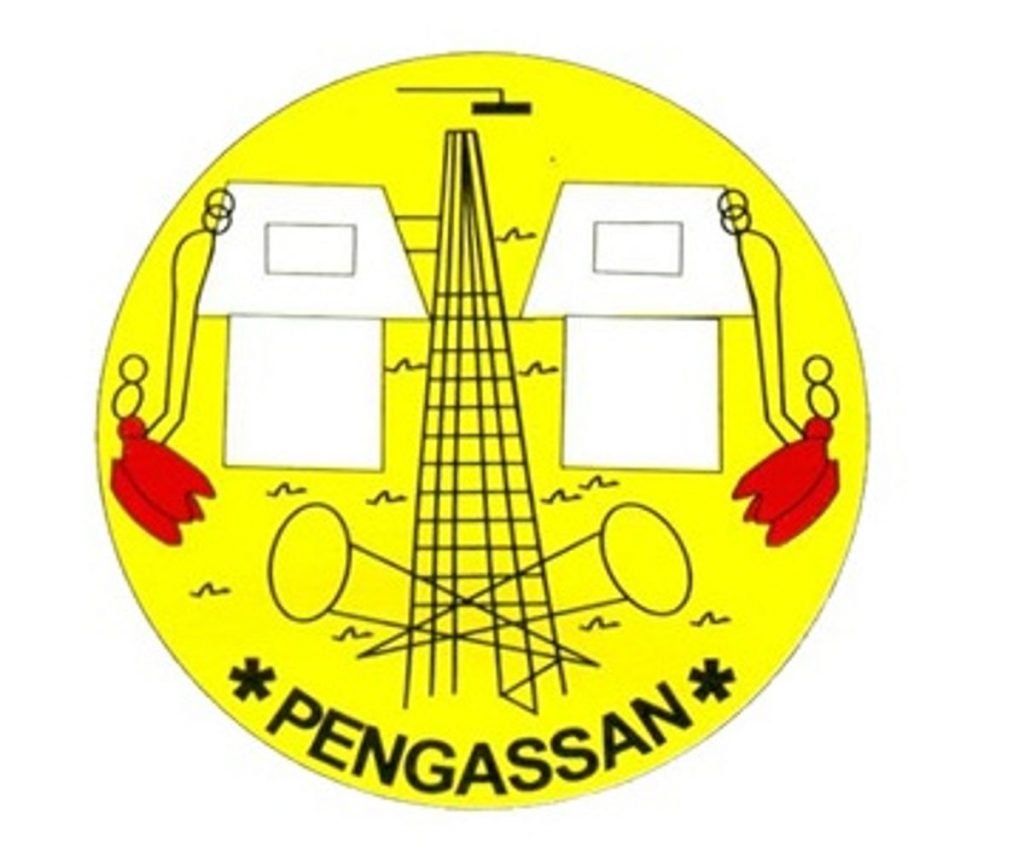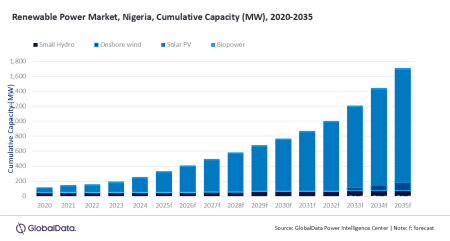 Mkpoikana Udoma
Mkpoikana Udoma
Port Harcourt — The Nigerian Government says it has established a high-level committee to review the administration of the Expatriate Quota, EQ, system, aiming to enhance transparency, prevent abuses, and safeguard the interests of Nigerians in the oil and gas sector.
Recall that the leadership of the Petroleum and Natural Gas Senior Staff Association of Nigeria, PENGASSAN, recently picketed the headquarters of Sterling Oil Exploration on Victoria Island, Lagos, in protest against the company’s alleged anti-labour practices.
Members of the union were seen holding placards with inscriptions, ‘Reinstate Sacked Nigerian workers’, ‘Stop Collective Bargaining Agreement Victimisation’, ‘Stop CBA violation’, among others.
President of PENGASSAN, Festus Osifo, had criticised the management of Sterling Oil for abusing the expatriate quota system, which led to discrimination against skilled Nigerian workers in the oil and gas sector.
Osifo highlighted what he termed as discriminatory practices by the company, who, according to him, are monopolising jobs that Nigerians are qualified to perform with the Indian nationals.
Osifo said, “Our members in Sterling have been pushed to the background; they should tell us how many Nigerians are working in Sterling Oil today that are managers or general managers.”
The Federal Government in response to allegations concerning the administration of expatriate quotas in the oil sector, assured the public of ongoing reforms aimed at ensuring transparency and accountability in the system.
A statement signed by Dr. Magdalene Ajani, Permanent Secretary of the Ministry of Interior, said the government acknowledged concerns raised by PENGASSAN and reiterated its commitment to addressing any irregularities.
“The Ministry of Interior is aware of the allegations and is taking them seriously. Proactive steps have already been taken to address the concerns,” the statement read.
As part of the reform measures, the Ministry had earlier announced a restructuring of the approving authority for Expatriate Quota and Citizenship applications. According to the new framework, all approvals will now rest solely with the Minister and the Permanent Secretary, replacing the previous system where Directors handled approvals.
“This shift is necessary to enhance transparency, accountability, and operational efficiency while preventing potential abuses in the system,” the statement added.
The statement noted that the Minister of Interior, Olubunmi Tunji-Ojo, recently met with officials of the Ministry, the Comptroller General of the Nigeria Immigration Service, and representatives of the Nigerian Employers’ Consultative Association to discuss issues surrounding the expatriate quota process.
“Following the meeting, a review committee was established, comprising officials from the Ministry of Interior, the Nigeria Immigration Service, and private sector representatives under NECA. The committee has been tasked with examining the current expatriate quota policy and recommending necessary improvements.
“The Ministry remains committed to ensuring that the administration of expatriate quotas is fair, transparent, and in the best interests of Nigerians,” the Minister assured in the statement.
He further emphasized the government’s willingness to collaborate with stakeholders to strengthen policies that balance foreign investment needs with the protection of local employment opportunities.
The expatriate quota system is designed to regulate the employment of foreign nationals in Nigeria, ensuring that job opportunities are not unfairly dominated by expatriates at the expense of qualified Nigerians.



